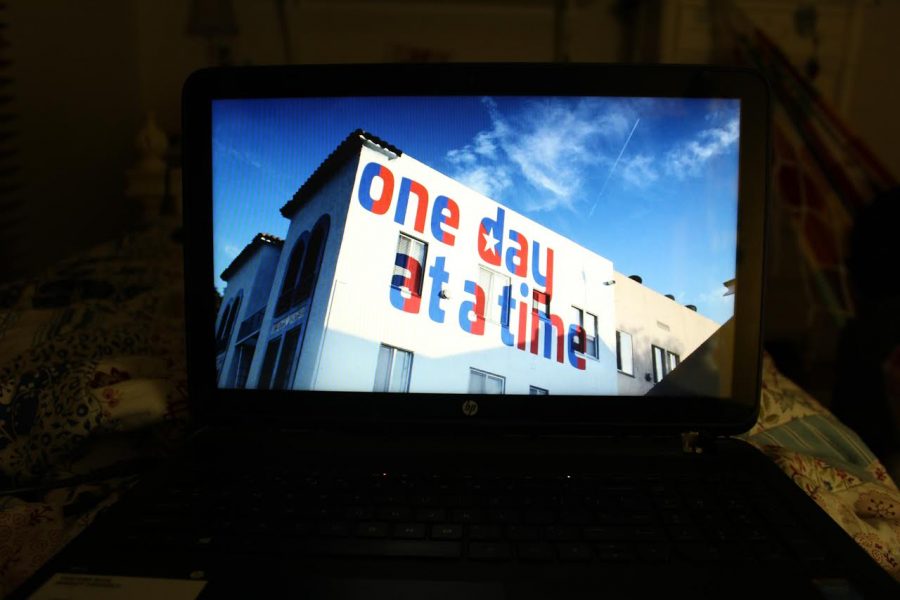Netflix Remake Portrays Latinos Accurately
“One Day At A Time” premiered on Netflix Jan. 6. It is a modern remake of the 1975 show of the same name and tackles many hard-hitting issues of today.
February 21, 2017
“This is it. This is life. The one you get.”
The new Netflix original series, “One Day At a Time” (ODAAT), took the Netflix universe by storm Jan. 6. The show, which is a remake of the 1975 sitcom by the same name, is about three generations of a Cuban-American family living in the United States. It tells the story of a single mother, who is a war veteran and a nurse, as she raises her two kids. The show tackles a broad array of topics from immigration to quinceaneras.
As Latinas watching the show, we feel that the show fairly represents Latinos in a quirky and fun manner without belittling the serious issues that plague the world today. Particularly, in today’s political climate, negative stereotypes about Latinos and other minorities are still prevalent in both the news as well as entertainment.
“I feel like usually Latinos are represented in the media in a negative way, usually as drug dealers or gang members,” senior Augusto Iglesias said. “I would like to see them as educated human beings who are capable of being leaders and much more.”
Shows like ODAAT are important because they help portray Latinos in a more positive light. Showing the everyday lives of Latinos humanizes us. Instead of just being a blanket group of people, we are actual human beings and stories like the one in ODAAT shows that to the viewers.
While humor is a common thread throughout the show, ODAAT does a wonderful job of keeping the humor sensitive and conscious.
For example, the daughter, Elena’s (Isabella Gomez) friend, Carmen, has parents who are undocumented immigrants, and while that storyline is not dramatically tragic, it doesn’t undermine the pain and suffering that many deal with when it comes to immigration struggles either.
ODAAT highlights the differences between generations in immigrant families. While older generations tend to hold on to their native culture more, first and second generation immigrants create their own identity by combining parts of their native culture with those of American culture.
Elena embraces the parts of her Cuban identity to which she relates, while also being very American. This is a common struggle for those who are multicultural. One learns to embrace the parts of their cultures that they like while also forming their own culture.
As Venezuelan immigrants who grew up in the United States, we, too, struggle with the mixing of two cultures. We have grown up learning American culture, but still try to maintain our Venezuelan roots.
ODAAT is also fantastic with how it deals with LGBT issues. Realistically, not everyone is going to be react well to a family member coming out, especially typical Catholic-Latino households. The show portrays Elena’s coming-out process in a very organic and realistic way.
The show naturally portrays Latinos accurately and respectively while integrating important conversations and topics. We would recommend the show to anyone looking for a feel-good, but emotional show to binge watch.


